The end of plastic? New plant-based bottles will degrade in a year
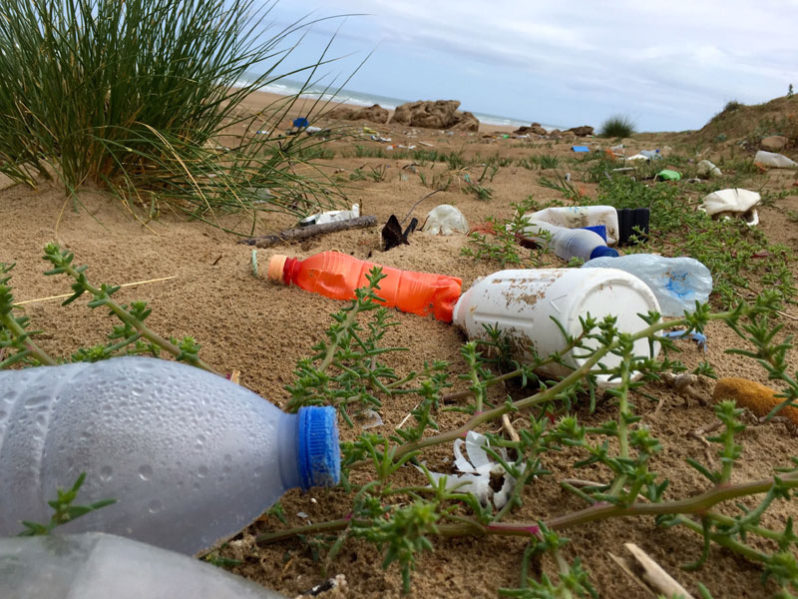
A biochemicals company in the Netherlands hopes to kickstart investment in a pioneering project that hopes to make plastics from plant sugars rather than fossil fuels.
Is the future more plastic?
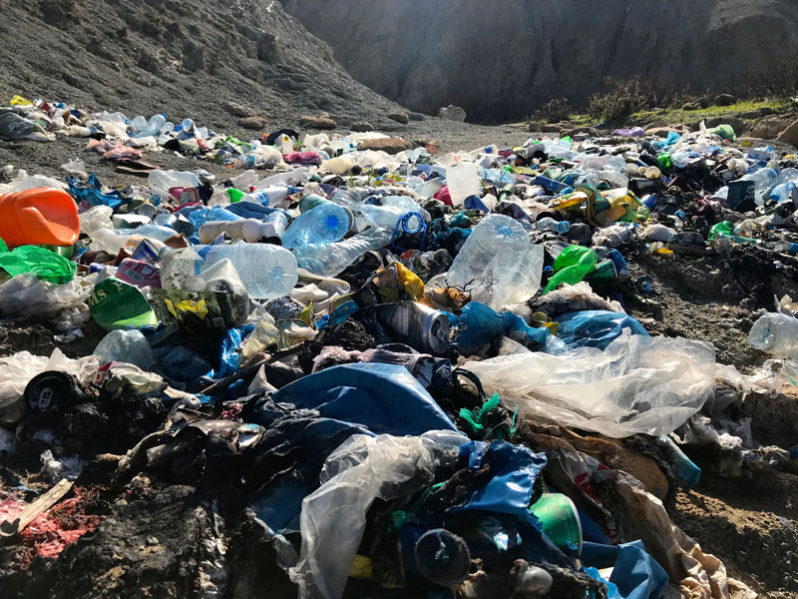
The current pandemic has led to surging amounts of plastic waste, although a recent study suggests that the coronavirus might actually persist longer on plastics than on other materials. Battling plastic waste is much more complex than fighting COVID-19.
Human-driven pollution alters the environment even underground
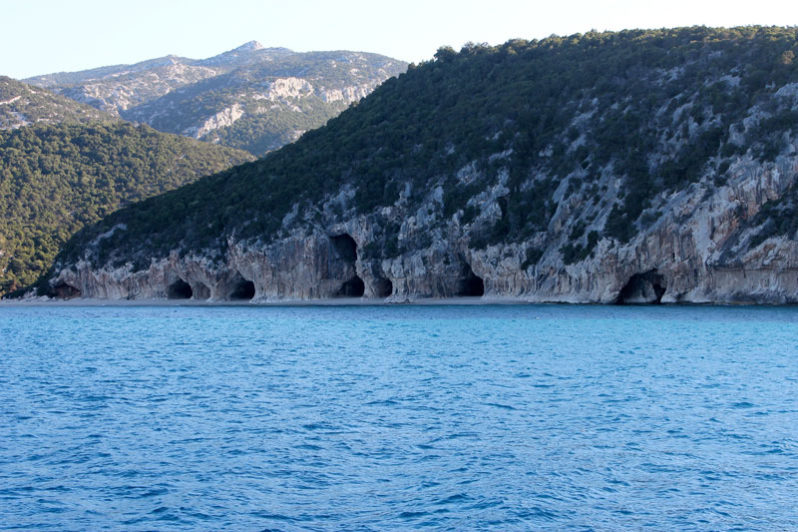
The Monte Conca cave system on the island of Sicily is a vast system of springs and pools, sitting below a nature preserve – presumed to be one of the few places untouched by human-driven pollution. But new research shows that the system is being altered by pollution from above.
A radar for plastic: High-resolution map to track plastic emissions in seas
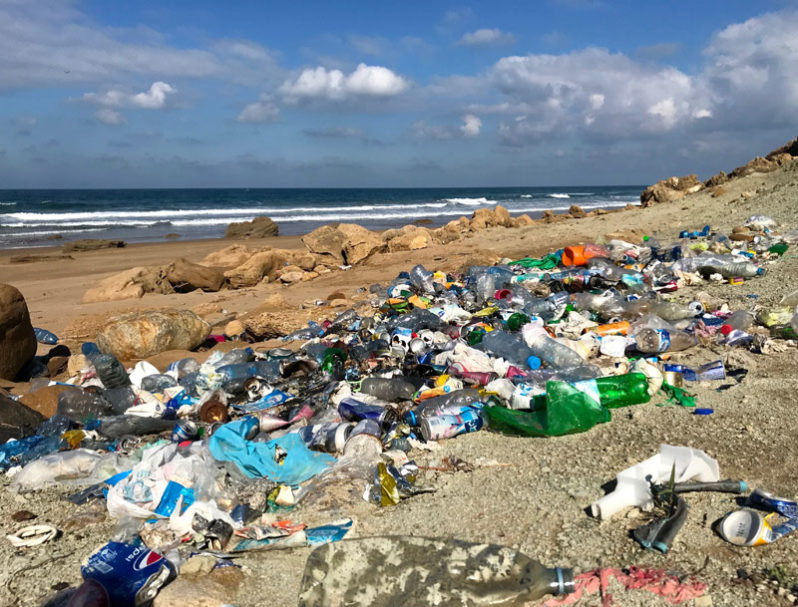
A team of scientists developed a new method to combat plastic emissions, taking into account the origin of plastic emissions.
The world is paying a high price for cheap clothes
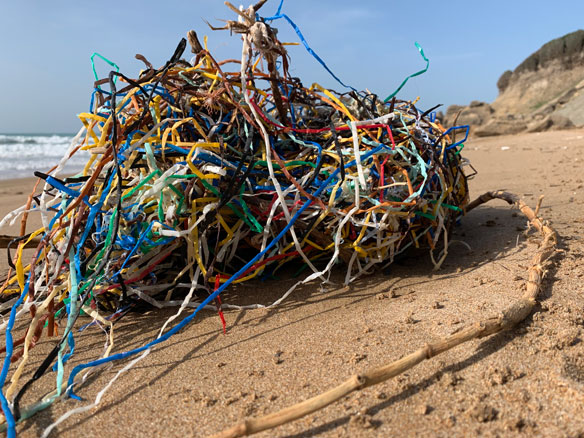
The global fashion industry generates a huge amount of waste – one full garbage truck of clothes is burned or sent to a landfill every second, and, 60% of materials used by the industry are plastic fibers – the equivalent of 50 billion plastic bottles are leaked into the ocean through garment wash every year.
Scientists find highest ever level of microplastics on seafloor
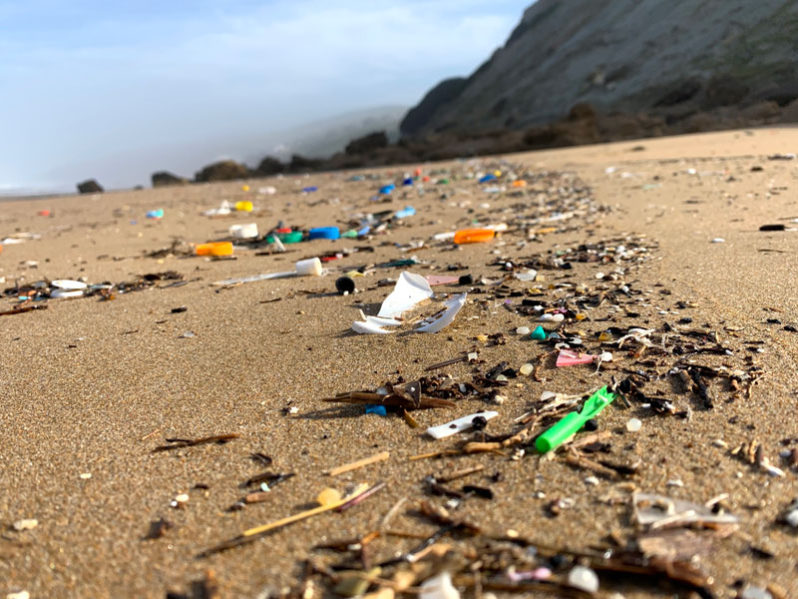
An international research project has revealed the highest levels of microplastic ever recorded on the seafloor, with up to 1.9 million pieces in a thin layer covering just 1 square meter. The hotspots appear to be the deep-sea equivalents of the so-called ‘garbage patches’ formed by currents on the ocean surface.
Rays, sharks, and dolphins enjoy new freedom as humans retreat from the oceans
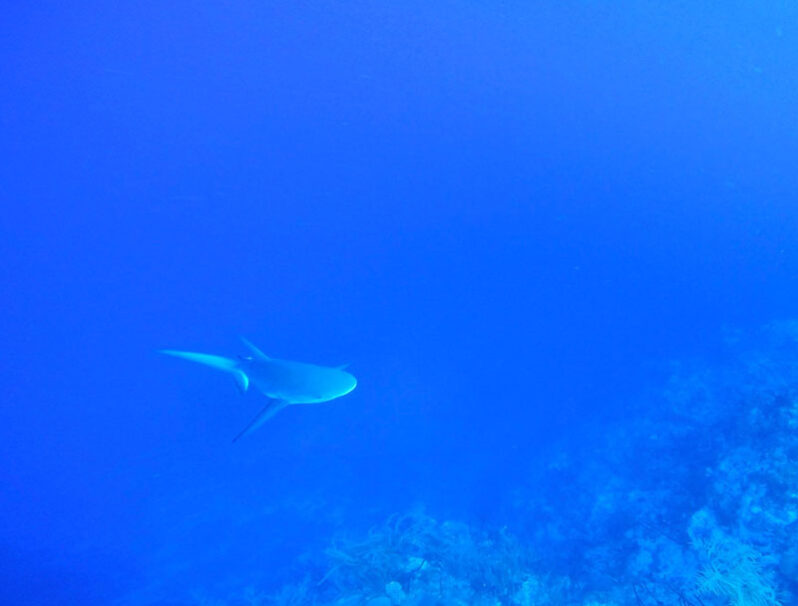
The sightings of rays, sharks, and dolphins are welcome and have been particularly noticeable along the Emirati coastline in recent weeks, as wildlife is taking the opportunity to fill abandoned spaces.
Wild animals enjoy freedom of a quieter world
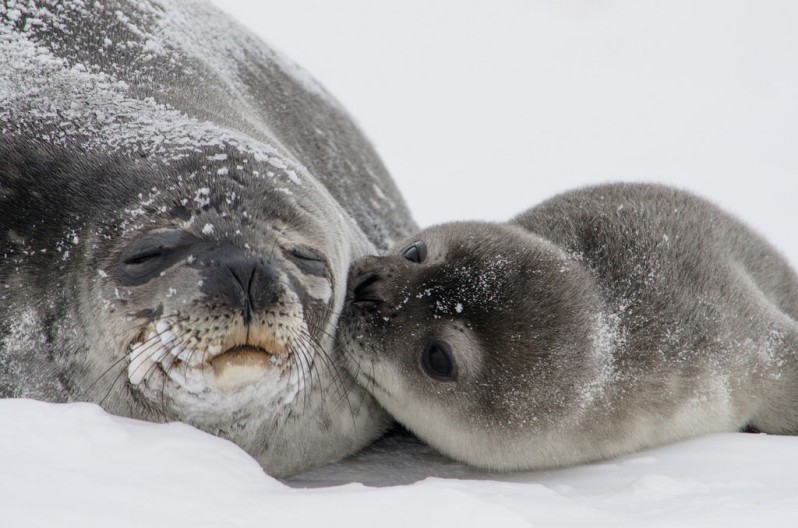
Coronavirus lockdowns globally have given parts of the natural world a rare opportunity to experience life with hardly any humans around.
Microplastics found in Antarctic ice cores
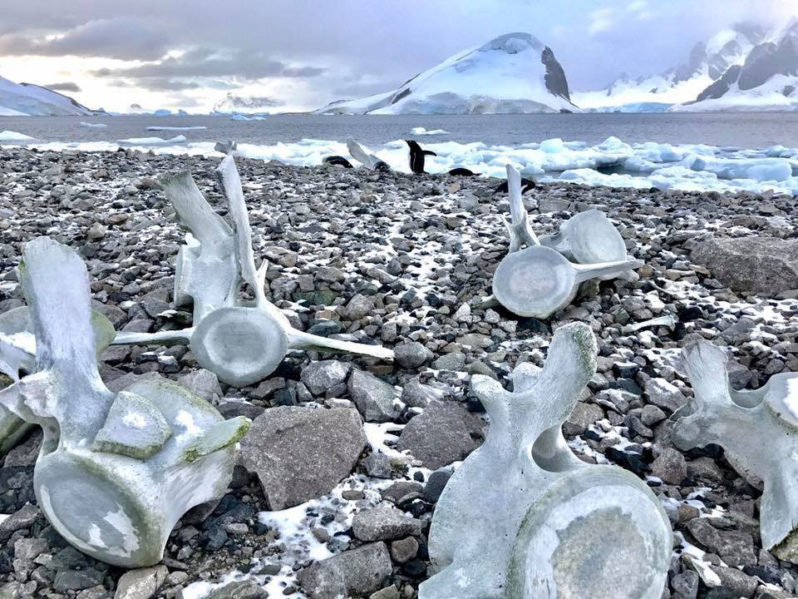
A team of researchers from the University of Tasmania has found evidence of microplastics in ice cores collected off the coast of Antarctica. They also note that prior studies have shown that microplastics in ice can lead to melting due to heat absorption.
